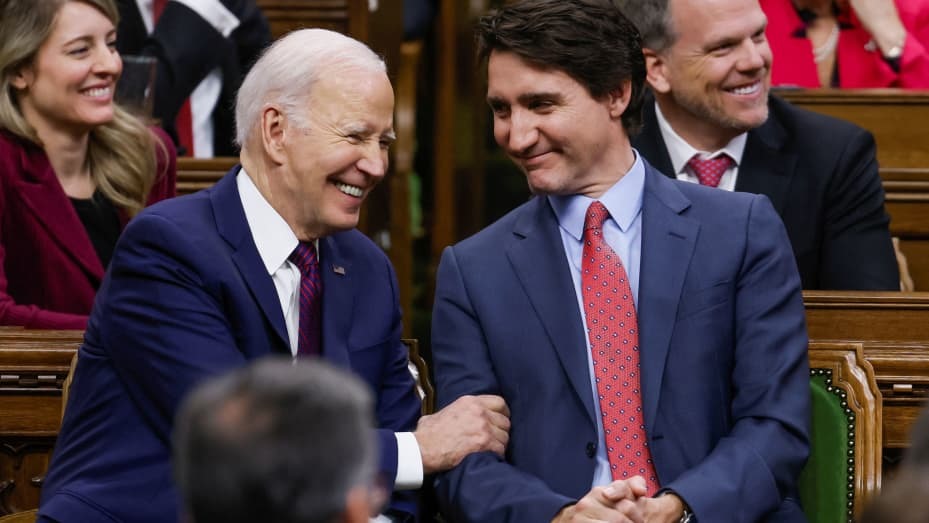Recent revelations reported by The New York Times indicate that Western allied officials have disclosed a sequence of events where the United States provided Canada with intelligence pertaining to Nijjar’s murder. However, it was Canadian authorities who reportedly intercepted communications suggesting the involvement of Indian diplomats in the conspiracy. This revelation has ignited a diplomatic standoff, with Canada formally accusing India of masterminding the assassination.
The origins of this controversy trace back to the circumstances surrounding the killing of Hardeep Singh Nijjar, the former head of the Khalistan Tiger Force (KTF). Nijjar met a fatal end when he was gunned down by two unidentified assailants in Surrey, British Columbia, Canada, on June 18, 2023. His death raised serious concerns regarding transnational extremism and security.
The report goes on to disclose that US intelligence agencies initially offered support to their Canadian counterparts by providing contextual information that led Canada to suspect Indian involvement in the murder plot. Nevertheless, it wasn’t until after Nijjar’s tragic demise that the United States became aware of the plot or any evidence linking India to the incident.
In response to these revelations, the United States has called upon India to fully cooperate with the Canadian government’s ongoing investigation into Nijjar’s assassination. US Secretary of State Antony Blinken stressed the importance of accountability in resolving the matter.
The situation escalated when Canadian Prime Minister Justin Trudeau made a remarkable assertion, suggesting a “potential link” between Indian government agents and Nijjar’s murder. This assertion was grounded in intercepted communications that purportedly hinted at Indian involvement in the conspiracy.
Despite these allegations, Indian authorities assert that they have not received any specific information from Canada regarding the case. Arindam Bagchi, the spokesperson for India’s Ministry of External Affairs (MEA), stated that no concrete details had been shared by Canada, neither before nor after Nijjar’s tragic death. India has reiterated its willingness to collaborate and investigate further if specific information is provided by Canada.
This controversy has cast a pall over the “Five Eyes” intelligence-sharing alliance, comprising the United States, the United Kingdom, Australia, New Zealand, and Canada. While this coalition traditionally shares intelligence on a broad spectrum of security issues, this incident has prompted questions about the depth of sensitive information exchange among its member nations.
Furthermore, the United States finds itself delicately navigating the delicate balance of aiding Canada while maintaining its strategic partnership with India, a key player in the Asian region. Washington has expressed its desire to strengthen ties with India as a counterbalance to China’s expanding influence in Asia.
As the investigation into Hardeep Singh Nijjar’s assassination continues to unfold, diplomatic tensions remain heightened, and the global community keenly observes the path towards resolution.

